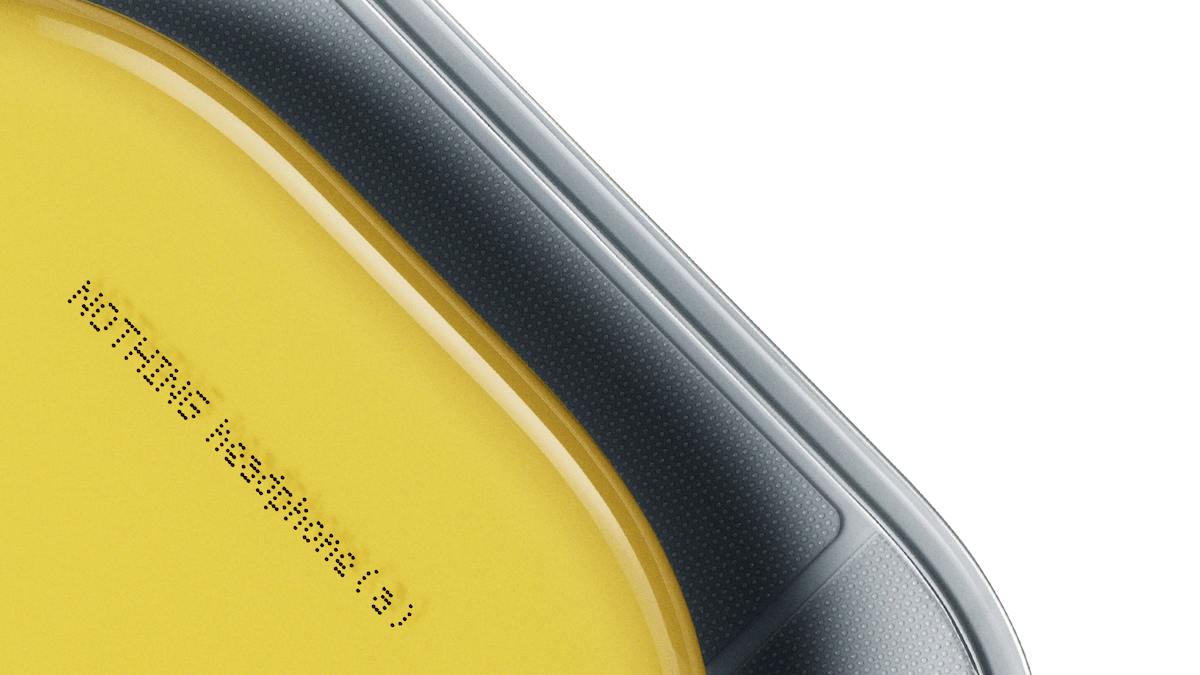OpenAI appears to be adjusting its stance on copyright and intellectual property in response to early criticism of its new AI video app, Sora. The company’s CEO, Sam Altman, announced that Sora will soon include more “granular,” opt-in copyright controls, signaling a move away from the controversial opt-out approach that initially drew pushback from the entertainment industry.
According to earlier reports, OpenAI had informed Hollywood studios and agencies that they would need to explicitly opt out if they didn’t want their intellectual property appearing in Sora-generated videos. That policy triggered concern across creative and legal circles, given the growing unease about how AI models handle copyrighted material.
Despite being in an invite-only phase, Sora has already become one of the most downloaded apps on Apple’s App Store. Its standout feature, “cameos,” allows users to upload biometric data to insert their own likeness into AI-generated clips. However, the feature has also been used for less authorized purposes, with users producing videos featuring copyrighted characters such as Pikachu or SpongeBob — sometimes even using them to mock OpenAI itself.
Altman acknowledged these concerns in a blog post on Friday, saying the company plans to introduce an opt-in system that gives rightsholders direct control over how their characters and content can be used, or whether they can be used at all. The approach would mirror Sora’s existing permissions system for user likenesses but with expanded controls tailored to copyright. Altman said OpenAI has heard from rights owners who see potential in this kind of “interactive fan fiction” but want explicit boundaries around their intellectual property.
Even with these changes, Altman admitted that “some edge cases” will still slip through — meaning copyrighted material might continue to appear in some generated videos despite the new safeguards.
OpenAI also plans to explore new forms of monetization for Sora. Until now, the company’s only stated revenue model involved charging users during periods of high demand. Altman suggested that a broader system could be developed to share revenue with content owners, though details remain vague. He added that while OpenAI hopes user engagement itself will provide value to creators, the company also wants financial incentives to be meaningful for both parties.
Sora’s rapid rise highlights both the public appetite for AI-generated video and the complex legal landscape that accompanies it. As OpenAI moves toward a more cautious, opt-in framework, it faces the challenge of balancing creative freedom, intellectual property rights, and its own business model — a balance that will likely shape how future AI tools operate within the entertainment industry.







